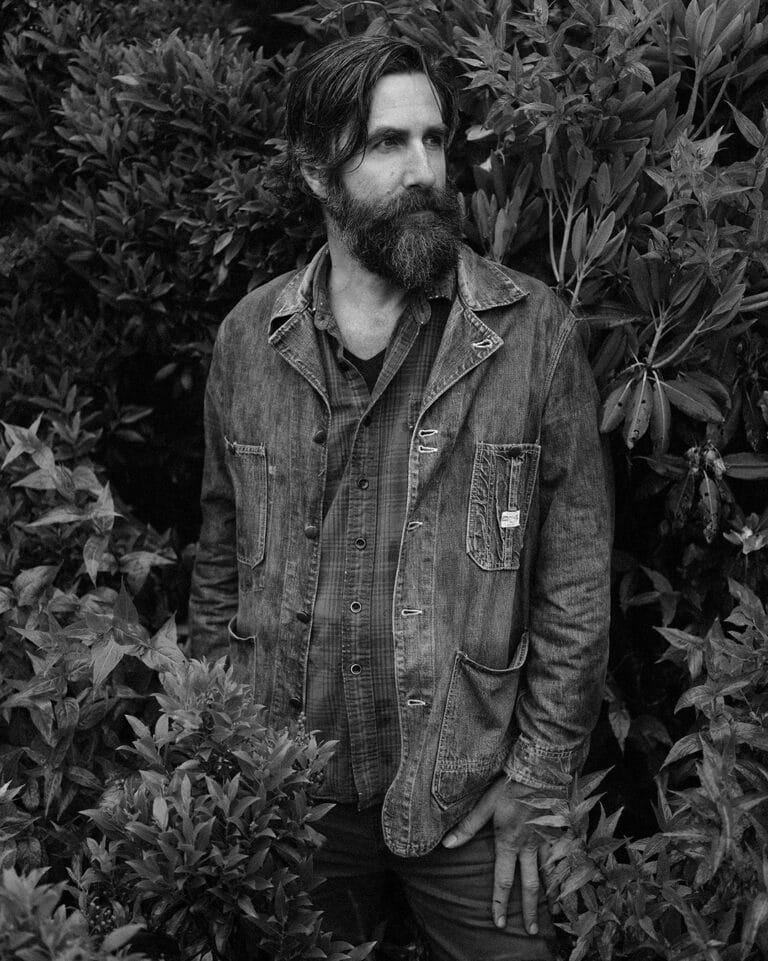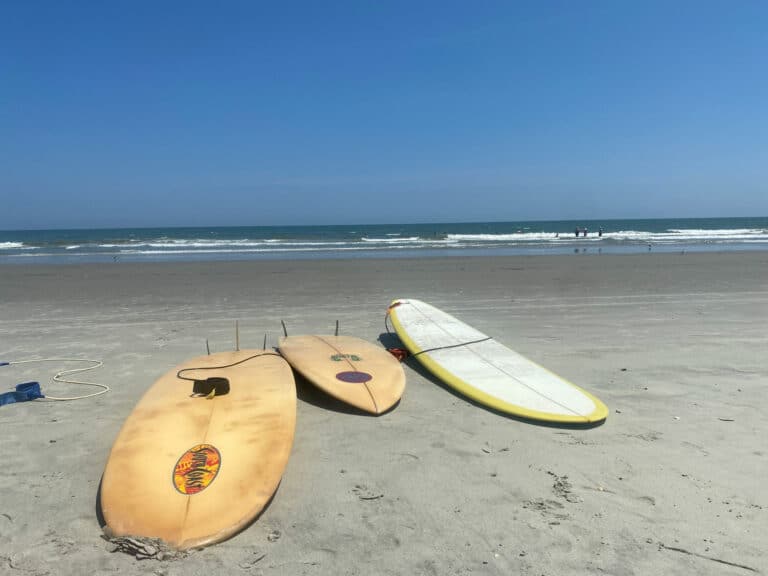Check my backpack or the drybag in the hull of my kayak, and you’ll find a book. I can’t be the only one who carries the extra weight into the backcountry, ready to escape into a story. But walking into a bookstore before your big summer trip can be overwhelming. So here are eight new adventure-focused, science-filled and Blue Ridge-based books worth carrying with you this summer:
Neighborhood Hawks: A Year Following Wild Birds ($19.95; University of Georgia Press)
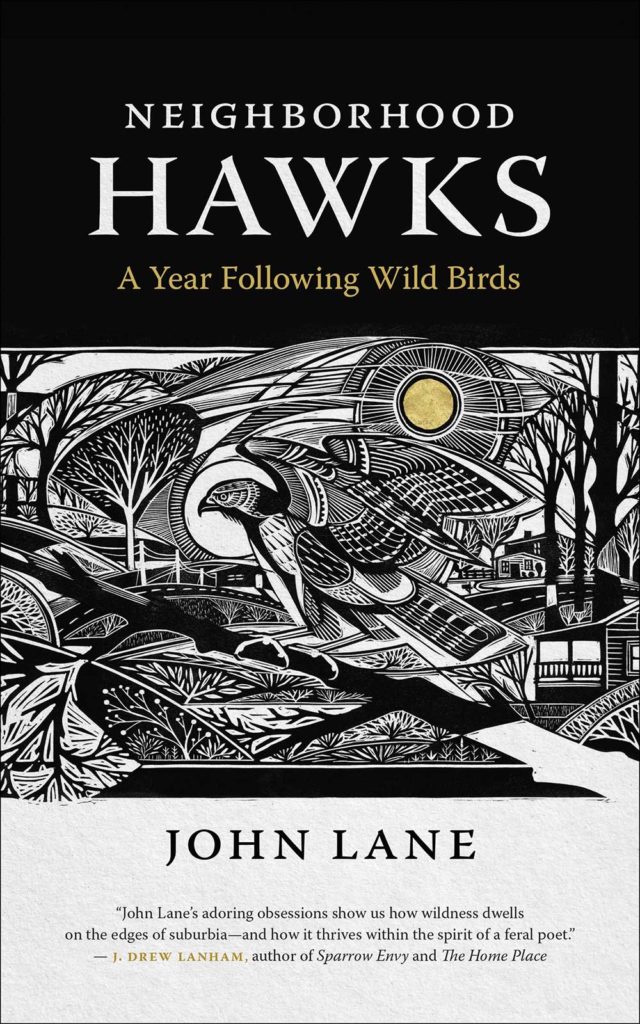
John Lane, one of the South’s most important and powerful environmental voices, is back with Neighborhood Hawks, a year-long study of red-shouldered hawks near his upstate South Carolina home. You may be able to identify the noisy red-shouldered hawk, but how much do you know about their breeding? Or feeding? Or habitat? Lane sets out to introduce himself and readers to one of the South’s common, nonmigratory birds of prey by following them around his house and further afield. The resulting story is a showpiece for wannabe amateur naturalists and a gentle reminder of the joys of backyard exploration.
Running Home ($27; Random House)
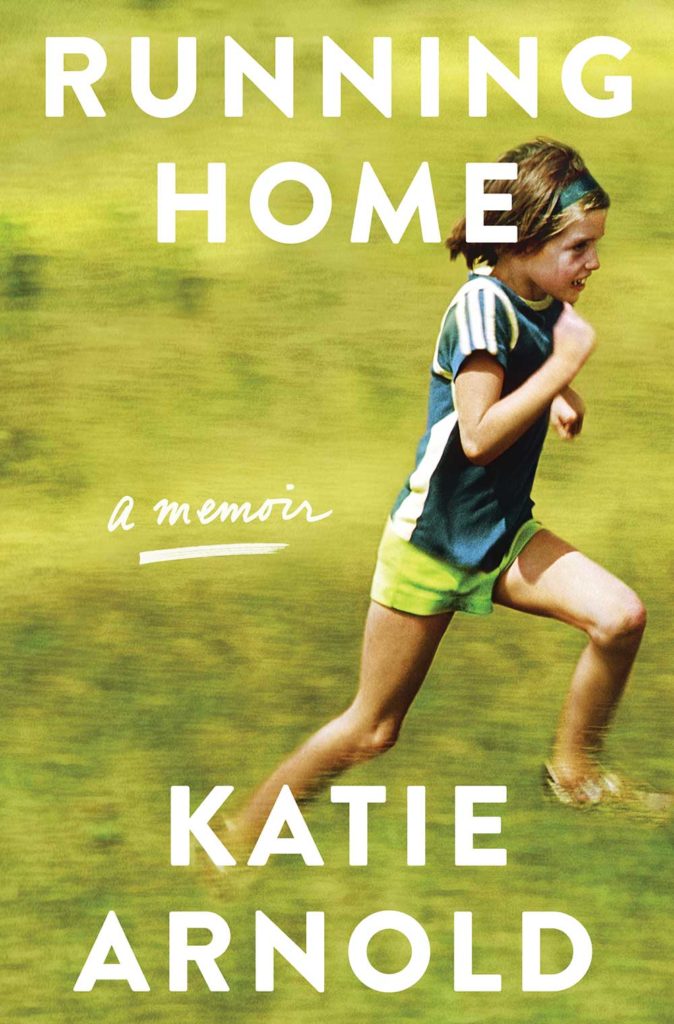
Leadville 100 women’s champion and Outside Magazine contributing editor Katie Arnold bares all in her debut memoir, Running Home. Arnold focuses on the ups and downs of the relationship with her ailing father, as well as her development as a writer and ultrarunner. Arnold’s prose is conversational and the story relatable (for runners and non-runners alike), ultimately reminding readers that even the most successful people are on the same wild ride of exhilarating triumphs and exhausting setbacks.
Katahdin or Bust ($12.95; Hinshaw and Associates, Inc.)
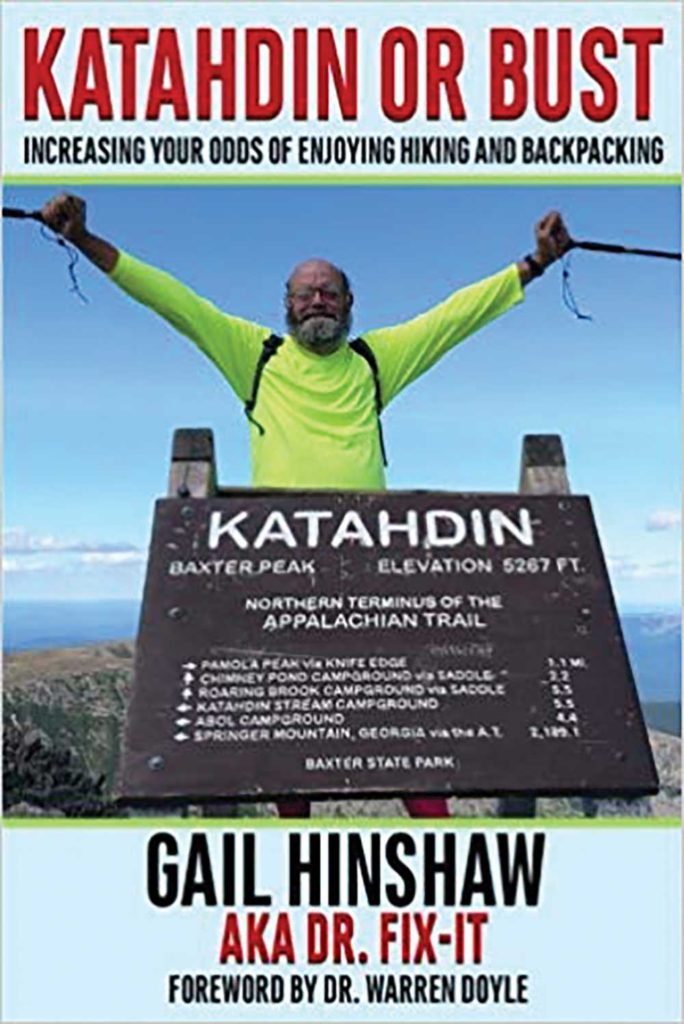
Two-time Appalachian Trail thru-hiker and professional business turnaround specialist Gail “Dr. Fix-It” Hinshaw details the “smarter, not harder” approach to long-distance hiking in Katahdin or Bust. According to Hinshaw, A.T. thru-hikers spend quite a bit of money, and most don’t ever finish the trail. Rather than winging your thru-hike attempt, comb this book for well-researched advice on packing, food, money, training, and logistics. Hinshaw’s tips will increase your chances of completing the A.T. (spoiler: Springer Mountain may not be the best starting point). This isn’t the book everyone is talking about, and it’s not hot off the press, but it’s an invaluable thru-hiker resource.
Losing Earth: A Recent History ($25; Macmillan)

Nathaniel Rich begins Losing Earth with a scary thought, “Nearly everything we understand about global warming was understood in 1979.” You may have read Rich’s acclaimed New York Times Magazine piece of the same title detailing the modern political history of climate change, but this expanded version is worth revisiting. It’s hard to believe just how close we came as a nation to addressing this environmental crisis, and it’s just as difficult to believe how far leaders have gone to block solutions over the decades. This book won’t solve the ever-mounting calamity of climate change, but by knowing where we’ve been, maybe we’re better able to chart a path forward.
Sugar Run ($26.95; Algonquin Books)
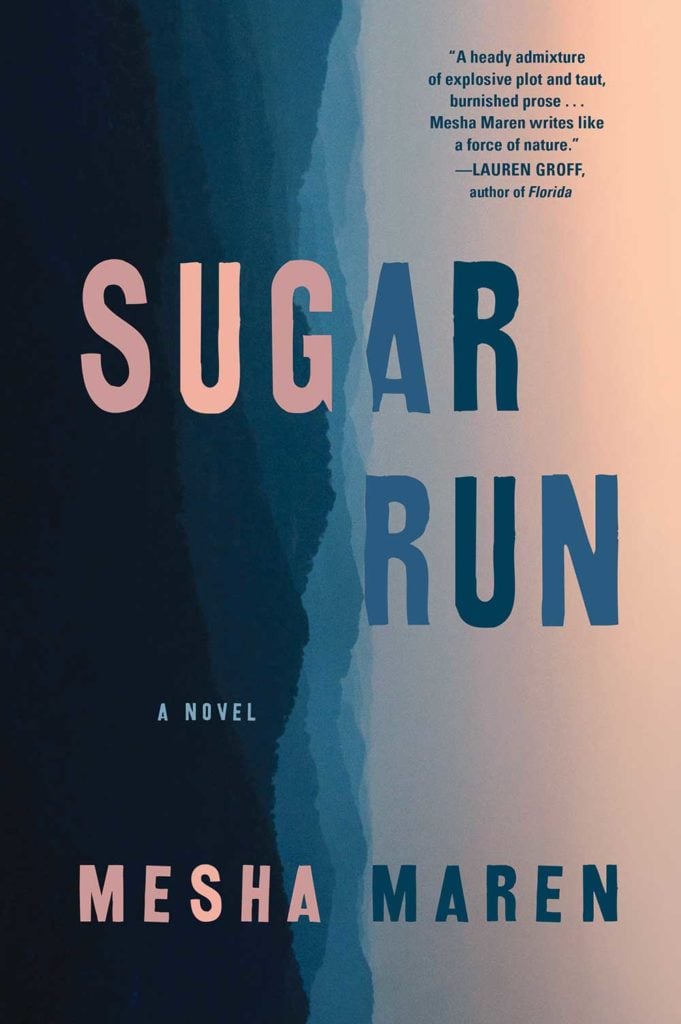
West Virginia, said author Mesha Maren in a recent interview, is both “the balm and the sting.” Her deep understanding of her home state is on display in her debut novel Sugar Run. The story follows Jodi, recently released from a North Georgia jail, as she journeys home to West Virginia to live off the land. She finds herself grappling with relationships, America’s changes and the difficulty of breaking free from your past actions. The narrative moves between different periods in Jodi’s life, keeping readers engaged and filling in important details. Maren’s depictions of Appalachia aren’t always flattering, but they’re honest, and if you love the Blue Ridge, you’ll appreciate the landscape descriptions.
The Sun is a Compass: A 4,000-Mile Journey into the Alaskan Wilds ($25.98; Little, Brown Spark)
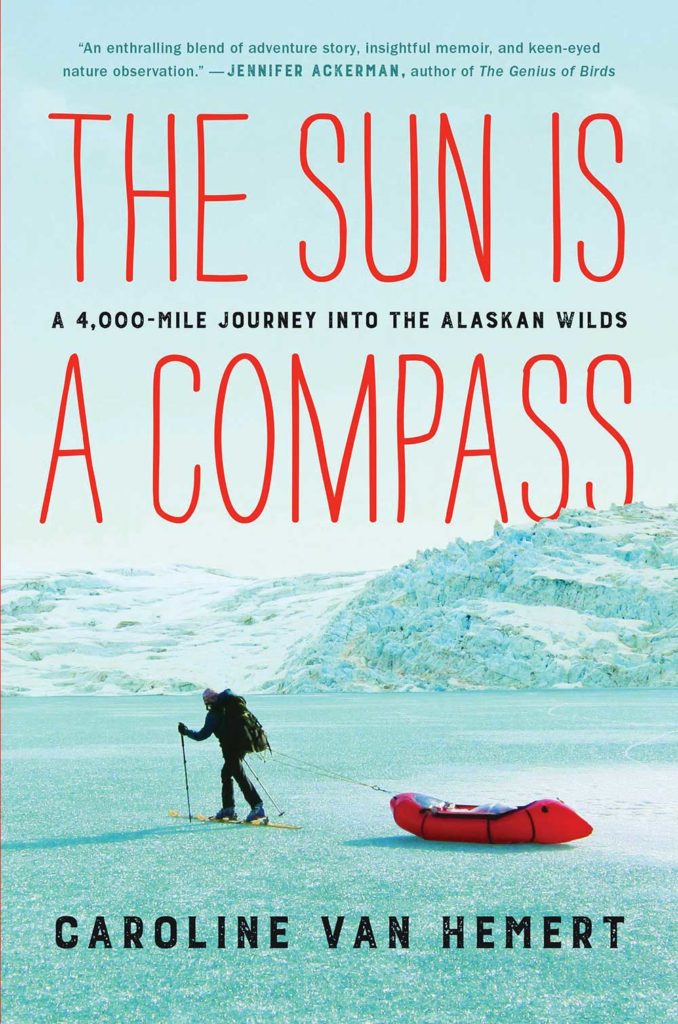
In 2012, Caroline Van Hemert and her husband set off on a 4,000-mile, human-powered journey across the Pacific Northwest to the Arctic. In The Sun is a Compass, Van Hemert traces their journey, explaining what pushed her to leave laboratory research for a painful and sometimes terrifying expedition. The trip is borne partially from a thought many of us can relate to, one that Van Hemert describes succinctly, “Inevitably, our responsibilities would grow; our freedom would shrink.” As a good scientist can do, Van Hemert weaves travelogue and natural history together for the adventurous layperson.
The River ($25.95; Knopf)
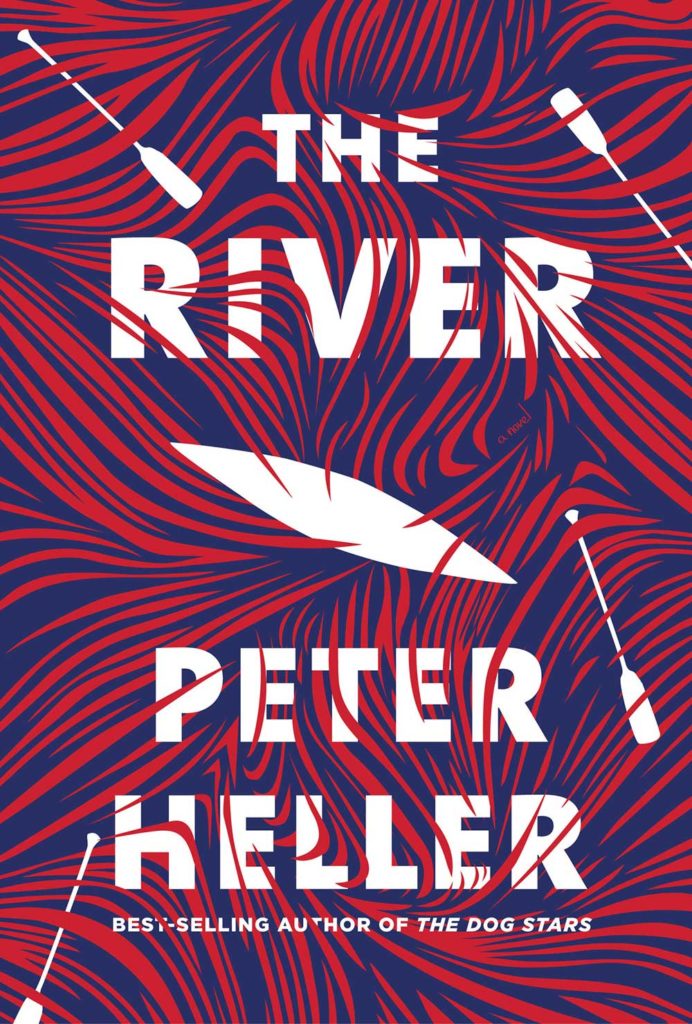
Novelist Peter Heller’s fourth book, The River, revisits the classic river trip thriller (think Deliverance and River Wild). The book follows two college friends on a canoe trip down Canada’s Maskwa River. Miles into the backcountry, they’re confronted with wildfires, dangerous river conditions and a few questionable strangers. Most scenes are realistic and others probably worst case scenario. Either way, you’ll find yourself gripped by suspense, which Heller does well. You’ll also find yourself relating to the main characters and their backcountry interactions.
Thirst: 2600 Miles to Home ($17.95; Mountaineers Books)
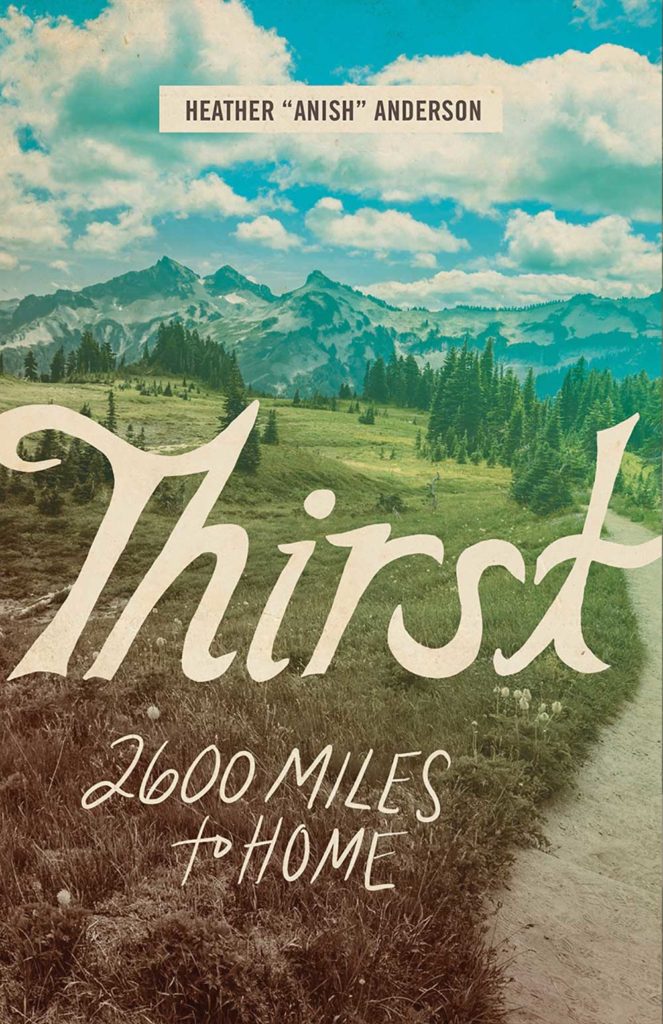
Heather “Anish” Anderson’s Thirst is a worthy addition to the growing genre of long-distance hiking memoir. Much like Anderson’s record-breaking thru-hikes, this book reads quickly in its diary-like format. That format lets aspiring thru-hikers in on the mental rollercoaster of her successful Fastest Known Time (FKT) on the Pacific Crest Trail, which clocked in at 60 days, 17 hours and 12 minutes. This account of an unbelievable feat almost didn’t make it to print because of her post-hike emotional difficulties. Lucky for us, Anderson didn’t ditch her writing, giving us a candid look at her life and adventures.


